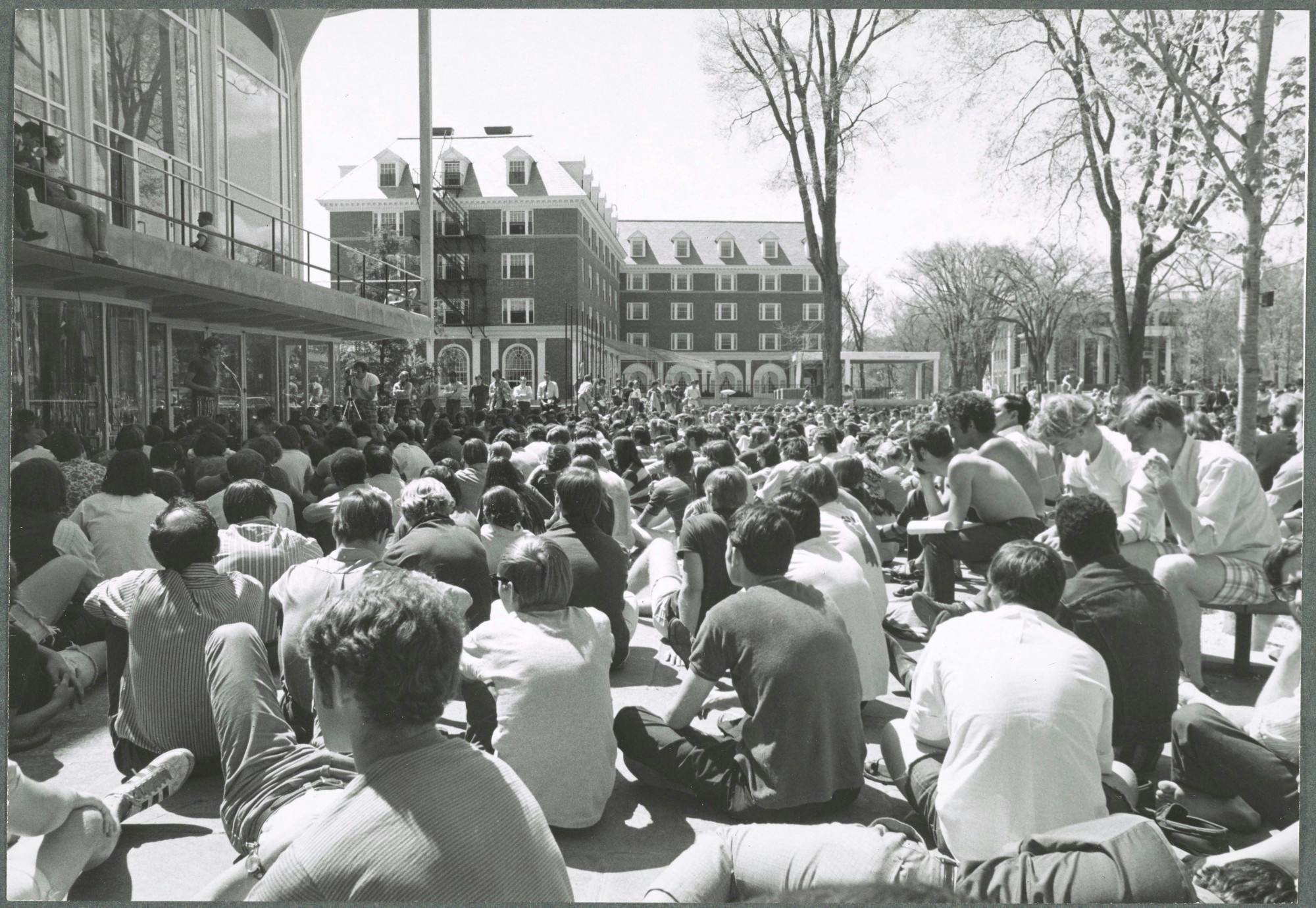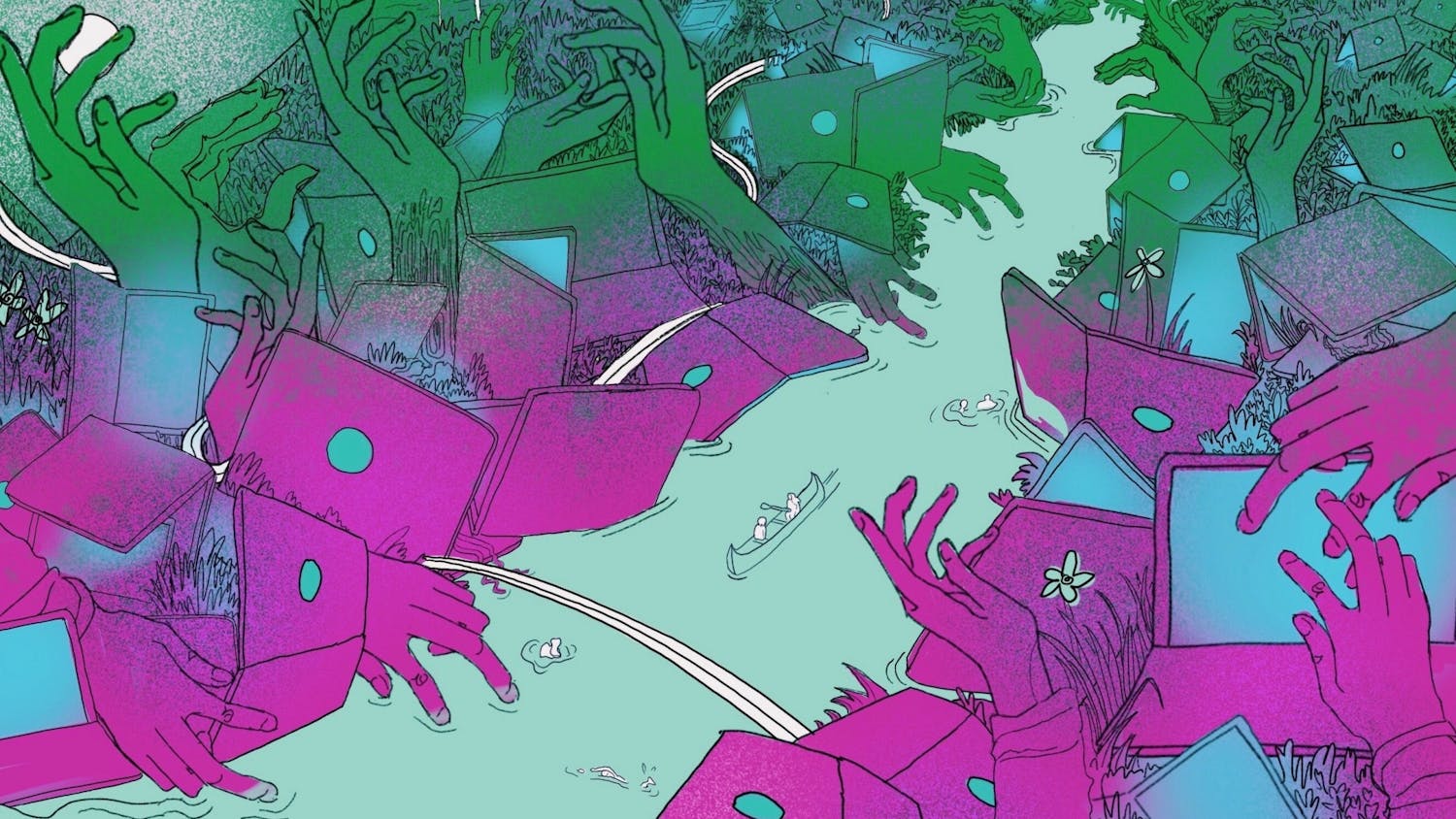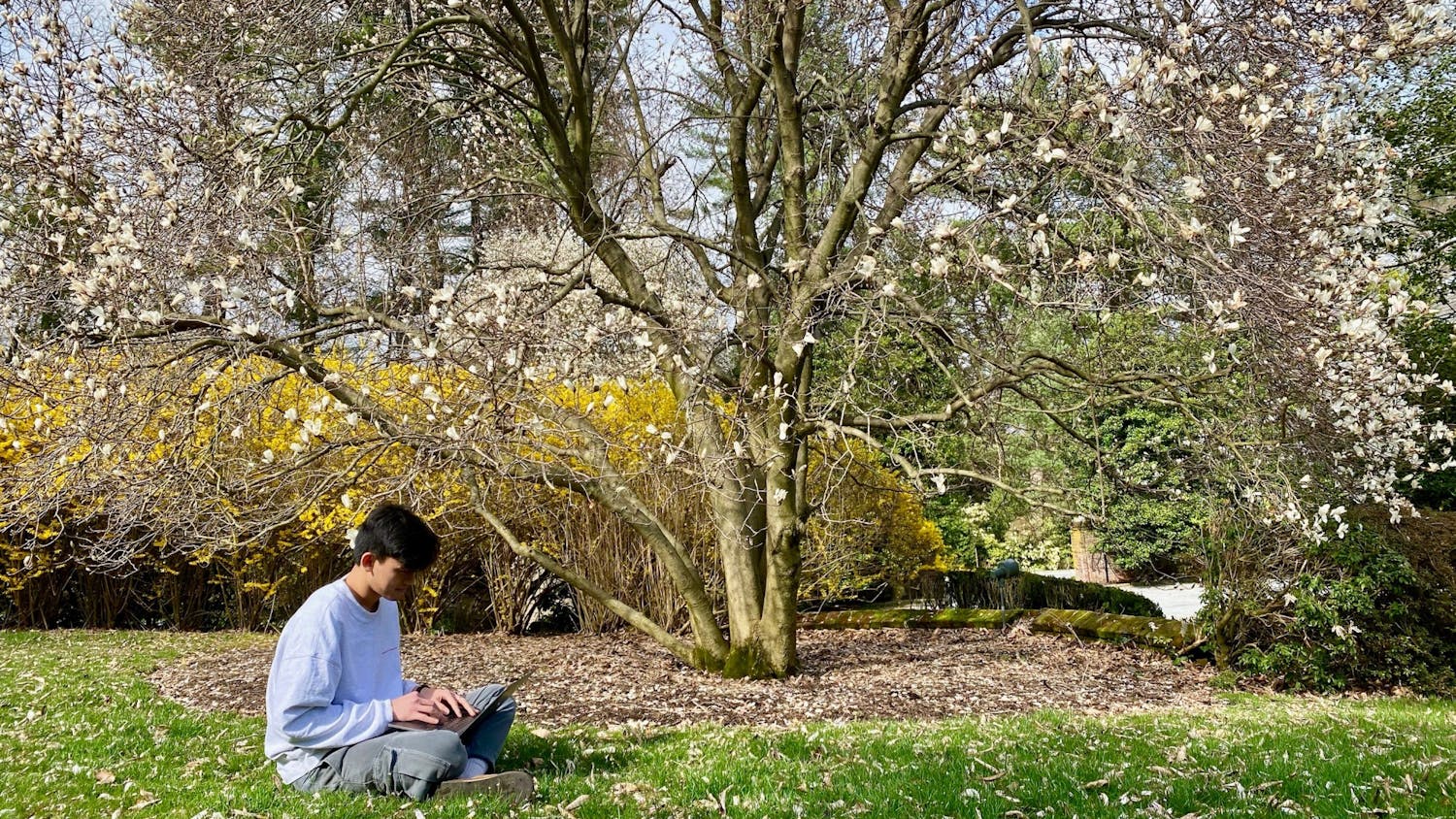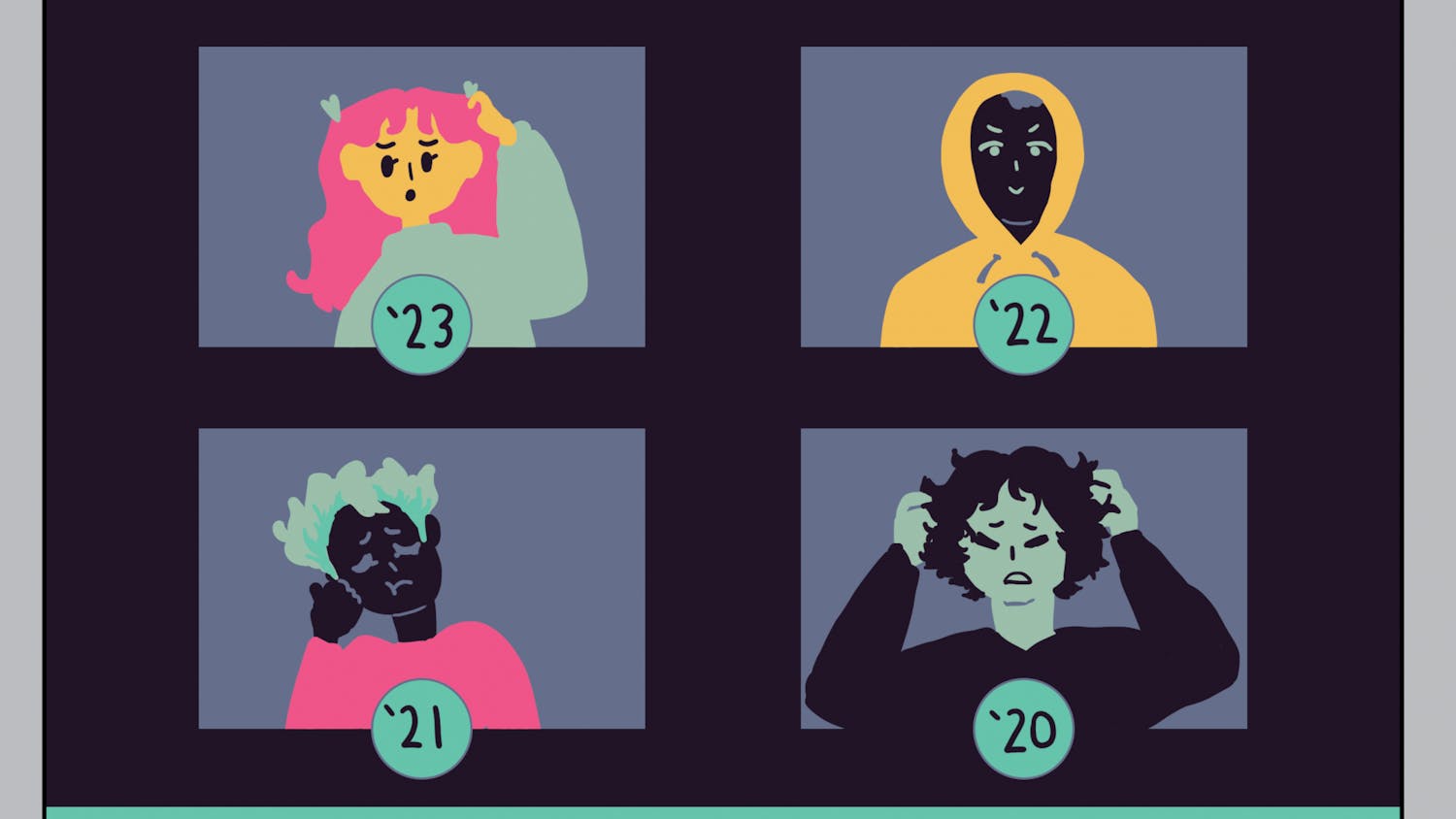This article is featured in the 2020 Commencement special issue.
While June bears great significance for each year’s graduating class, it also represents a time for prior Dartmouth classes to reunite. This year, classes celebrating key anniversaries — the Classes of 1970, 1990 and 1995 — had their reunions postponed until the summer of 2021 due to the COVID-19 pandemic.
Beyond concern for their own reunions, alumni feel especially empathetic for the Class of 2020. Particularly for the Class of 1970, who would have marched with the ’20s at their Commencement, the concept of a senior spring altered due to abnormal circumstances rings familiar.
In late April and early May of 1970, enraged by the news that the Nixon administration had bombed Cambodia, college students across the country engaged in mass protests. Dartmouth was no exception. Such uprisings and instability weren’t unusual during the period, according to Jeff Demerath ’70, president of the Class of 1970.
Soon, however, the situation turned into an extraordinary one. On May 4, members of the Ohio National Guard fired upon a group of unarmed protesting students at Kent State University, killing four. This shooting, often referred to as the Kent State massacre, prompted a nationwide student strike, in which Dartmouth students participated. In response, then-College President John Kemeny called for classes to be canceled temporarily.
In addition, the College’s administration determined that any student who wished to not attend classes for the rest of the spring would receive credit for those courses. Some members of the Class of 1970 decided to use the rest of the term to travel around New England in order to gather signatures for anti-war petitions. Both Demerath and Tex Morgan ’70, chair of the Class of 1970’s 50th reunion, recall that most students chose not to return to their classes.
Though the specifics are different, the atypical circumstances of the 2020 spring term bear more than a little resemblance to the spring term half a century prior. Morgan feels that this similarity heightens the Class of 1970’s compassion for this year’s graduating class.
“We faced very uncertain economic times and a very uncertain future as we were graduating, so several of our classmates have remarked in emails to each other, ‘God, we know what [the ’20s] are going through,’” Morgan said. “It’s not the exact same analogy, but at least emotionally there’s some empathy there.”
Multiple alumni also noted that they feel for the economic uncertainty that the Class of 2020 will have to deal with. Kristen Politica Eckler ’90, chair of the Class of 1990’s 30th reunion, sees similarities between her class’s struggles and those that the ’20s currently face.
“What we have in common is that we also graduated into a recession, and that was really disheartening and challenging,” Politica Eckler said. “I guess the only advice that I would have is [to] hang tight and just have faith in their skill sets and pursue all opportunities that they can. We all are going to have to be creative in our solutions, and I suspect the Class of 2020 will be better suited to that than many others.”
Jennifer Hee ’95, president of the Class of 1995, hopes that the Class of 2020 can find some solace in the fact that everyone is feeling the shockwaves of the pandemic.
“A lot of times, people start to [ponder], ‘Why is this happening to me? I am going to be so behind in my schooling [or] my job search,’” Hee said. “Remember that the whole world is going through this together. For the most part, you just have to try to find the positivity where you can find it and realize that, if nothing else, your class is going to go down in history for having gone through something like this.”
Through the unusual situation they face in their final months as Dartmouth students, alumni hope that the ’20s can find an increased sense of unity. Rebecca Slisz ’95, a co-chair of the Class of 1995’s 25th reunion, believes that the Class of 2020 has already formed unbreakable bonds.
“I would say that so [many] of the memories of Dartmouth — or what brings a class together — happens over the course of four years,” Slisz said. “While graduation is an important event, I think there’s so much more that the class has shared that will keep them together as a class.”
Cheryl Loeffler Shepard ’90, one of the presidents of the Class of 1990 and a member of their 30th reunion committee, echoed Slisz’s sentiment.
“So much of what you remember from Dartmouth is all those little connections that you have with people,” Loeffler Shepard said. “It’s the times you remember with your roommates. It’s the time that you remember walking across campus. It’s the ‘aha’ moment you had in a major class where you’re like, ‘I’m in the right place and I’m doing the right thing.’ It’s the connections with the professors.”
Demerath recently sent a letter to the ’20s offering sympathy and support on behalf of the Class of 1970. In the letter, Demerath expressed hope that, like the ‘70s, the Class of 2020 would be brought closer together by the events of its senior spring.
“[The] unusual circumstances made us a better and closer class, and this unique bond has lasted to the present: the friendships that were solidified during that time have endured to this day, our families have grown up together and our love for Dartmouth remains steadfast,” Demerath wrote. “Please know that these are silver linings that you can look forward to once this has passed. Perhaps you will tell your grandchildren about this COVID-19 spring just as we tell ours now about our senior spring when we spent time knocking on doors on behalf of our country.”




